From Agnes Towler to Peggy Olson: The Working Woman on Television
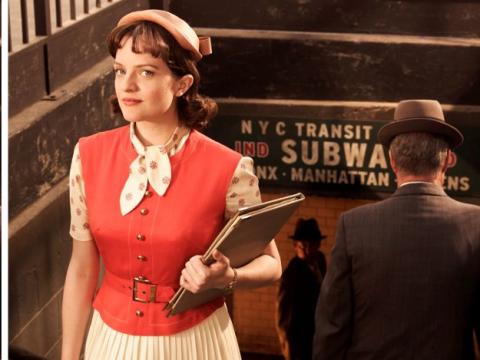
The premiere of the sitcom That Girl in 1966 ushered in a new era for how women were portrayed on television. It was the first time that a single independent woman's life was featured on a show. For five seasons Marlo Thomas starred as a young aspiring actress in New York City who, on occasion, was even employed.
When Julia hit the airwaves in 1968, much was made of the choice for that sitcom's titular lead character, a pre-Dynasty Diannh Carroll portraying another small screen first, a Black woman in a non-servile position. In contrast to the revolutionary tone of the raging ‘60s, Carroll's Julia was a suburban single mother, nurse and Vietnam War widow who provided lighthearted laughs for three seasons. This precursor to The Cosby Show helped Carroll make history as the first Black actress to earn an Emmy nomination as a lead actress in a comedy series. A couple of years later , The Mary Tyler Moore Show redefined the sitcom during it's seven season run by having Moore play a news producer who was also a single, independent woman. The show's success and enduring influence cemented the fact that societal views surrounding women's rights had shifted.
These days, television is awash with working women on a plethora of tried and true genres. From iconic shows like Cagney and Lacey, Ally McBeal, Sex And The City, and The Office to current series such as Parks and Recreation and Rizzoli & Isles, ladies who work hard for the money have become more of a staple than housewives, "real" or fictional.
Many programs, past and present have explored the modern female professional's predicaments, typically through the lens of the work/family balance, or a rocky love life. The statewide successes of Mad Men and Downton Abbey have also made it possible for American audiences to enjoy other period dramas of recent yore that have featured female pioneers in the working world such as Lark Rise To Candleford, The Paradise, and The Hour. The current wave of series that examine what it meant to be a female professional back when they were considered rarities include AMC's Mad Men, and Halt and Catch Fire, Showtime's Masters of Sex, and ITV's Mr. Selfridge.
Agnes Towler has been referred to as "Peggy Olson's great-grandma" and there are obvious similarities between the two women and their mentors , mainly that they both worked their way up to their positions without any post-secondary education and owe their careers to the wealthy, self-made men who fostered their talents and championed them.
Agnes, like many working-class women in the early 20th century, was the sole breadwinner of her broken family. Without her income as a shopgirl, she and her brother George may have gone from living in severe poverty to becoming homeless, similar to the first season character Miss Bunting who commits suicide after she is fired for theft and is unable to find another job without a reference. During an April 5, 2013 interview with Steve Eramo for The Morton Report article "An Ever Enduring Spirit: Interview with Mr. Selfridge's Aisling Loftus", the actress notes that "Within the context of 1910 London, a working class girl like Agnes needed to survive. She needed to make money and do it in a respectable fashion, but she couldn't expect more out of life. "
Agnes' ascent from shopgirl to head of departmental displays is met in the store largely with approval by her colleagues, save for her competitor, the equally ambitious Kitty Hawkins, and her nemesis, the university-educated head of fashion, Mr. Thackeray. Thackeray's classist and sexist disdain of Agnes causes them to bump heads regarding her creative decisions throughout the second season.
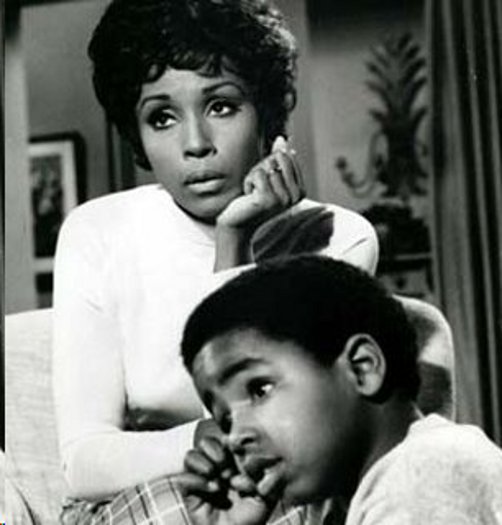
In spite of, or because of her passion for her work, Agnes is validated through her romantic relationships with waiter turned restant manager Victor Colleano and the store's artistic director Henri Leclair. With both men, Agnes is accepted as she is, and is not expected to be submissive. Her engagement to Victor came with the stipulation that she would help him run his late uncle's restaurant, as opposed to her simply becoming a housewife. Victor's realization that he would be taking her away from the job she loves ends their relationship and puts her in the arms of Henri, who helped Agnes bring her display ideas to fruition.
Peggy Olson, a predecessor to the That Girl generation, has a much rockier time as a single woman searching for excitement. When she starts as a wide-eyed, innocent secretary at the Sterling Cooper ad agency in the late ‘50s, she treats the advice of her sultry superior Joan Holloway as gospel, and comes to enjoy the "off the clock " perks of the position, without birth control, and with serious consequences. Her early promotion from Don Draper's secretary to junior copywriter inevitably leads her male colleagues to assume she slept her way into the position. She crashes into the glass ceiling, watching other males receive recognition while she is expected to be a team player.
Her decision to leave Sterling Cooper Draper Pryce for a better paid Copy Chief position at the rival CGC agency is on the heels of abusive treatment from Don, in which he casually flings money in her face in the presence of staff. Her experience at CGC is in sharp contrast to her time at SCDP , she receives respect from her superiors and subordinates. She is willing to accept advice from her Black secretary and shows concern for her after the news of Martin Luther King's assassination. The merger between her current and former agency forces other encounters with the glass ceiling, most notably this past season with the creative director Lou Adler, and when her former mentor's ego gets in the way of his ability to report to her.
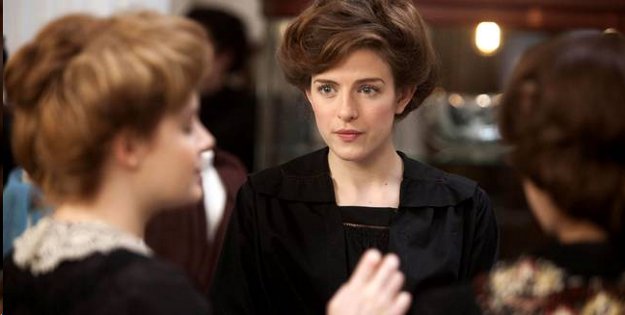
Unlike the last season, the current season of Masters of Sex features only one working girl, Coral, a young Black woman who works as a nanny for Bill Masters' neglected wife, Libby. Actresses Keke Palmer and Caitlin Fitzgerald do a fantastic job of showing the tightrope both women struggle to stay on around each other, whether their conflicts involve classist incidents like Libby correcting Coral's grammar, or more severe offenses such as forcibly washing Coral's hair under the assumption that she is carrying head lice. From a contemporary perspective, it's mind-baffling for the viewer why Coral continues to show up daily and put up with whatever petty drama Libby creates, but upon Libby's surreptitious, bizarre visit to Coral's neighborhood, it's evident that she and her family need the income.
Mad Men's latest season featured a similar standoff between Peggy and her secretary, Shirley. After a brief, revealing break-room chat between Dawn and Shirley in which the two Black women jokingly refer to the staff's inability to tell them apart despite their radically different hairstyles by calling each by the other's name, Shirley is placed in the difficult quandary of risking her job and insulting Peggy's fragile ego or allowing her boss to keep the Valentines Day bouquet she received from her boyfriend. Peggy's childish reaction to Shirley's eventual admission was eye-opening in regards to how her feminist life is in opposition to her views on race. Peggy is still a product of her time, and is still struggling to embrace progressive views on race. In her quest to be one of the guys, she has unconsciously absorbed their antiquated attitudes.
This also exhibits itself in the shifts in her relationship with Joan. No longer an innocent secretary, Peggy comes to view Joan as a confidant at times, someone to judge unfairly or disregard at others. Unlike Peggy, Joan did reluctantly sleep her way to her partnership, a fact that Peggy has no problem telling her. The arrival of Megan into SCDP first as a secretary and then as a copywriter and Don's wife incites gossip sessions between the two women. Peggy is envious of the bohemian to whom being artistic comes naturally, the far more jaded Joan is more critical.
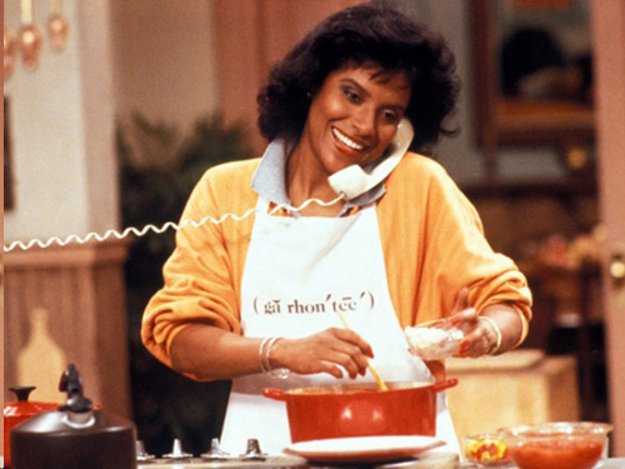
The friendship between Masters of Sex's Virginia Masters and Dr. Lillian DePaul is also fascinating to watch. Despite having the same education as her male colleagues, Lillian is given an office with the secretaries. Having been erroneously sized up by Lillian as little more than a glorified secretary, Virginia proves herself to be a keen student in her Anatomy class, despite being a single mother and working with Bill. Her maverick spirit is also revealed through her validation of Lillian's plans to form a women's health clinic that provides potentially life-saving pap smears to patients. When Lillian learns that Virginia and Bill have been engaging in an extramarital affair, her initial judgment of Virginia gives way to concern. Virginia is once again loyal to Lillian during her final hours alive with stage four cervical cancer.
Halt and Catch Fire takes place in the post-women's lib ‘80s at the beginning of the era of the personal computer, and brings us two characters you don't quite often see on the small screen: The idealistic, antisocial punk programmer Cameron Howe, and middle-class wife and mother Donna Clark, who is an engineer like her husband Gordon and spends most of her time juggling her fulltime job and taking care of their two children, with little fulfillment, in spite of his respect for her intellect.
Cameron Howe is a never before seen character on television. Her motivation for dropping out of college and joining Cardiff Electronics isn't money so much as a chance to create a computer that changes the way people live their lives. In keeping with the show's homage to iconic ‘80s films like The Legend of Billie Jean, her basic daily outfit of a blonde haircut, T-shirt and jeans that she wears like armor around the office inspires constructive criticism from Joe Macmillan's secretary.
She shoplifts while employed, and later spends her first paycheck on a group of punks she meets in an alley. She shamelessly squats in the office while blaring X-ray Spex and Reagan Youth. She is casual about sex, which as her responsibilities grow, gets thrown back in her face by her subordinates. When she is led to believe the BIOS code she has been writing has been lost to a power outage, she and Donna have a negative encounter that highlight the class and generational differences between them. Well-to-do, and college-educated Donna does not know what to make of someone she and her husband consider "white trash." When her husband Gordon eventually removes her BIOS code from the Giant PC, Cameron leaves Cardiff and eventually convinces a now unemployed Donna to join her new proto-Internet provider business.
It would be remiss to discuss working women on television and leave out the oeuvre of Shonda Rimes, creator of the hit primetime dramas Grey's Anatomy, Private Practice, Scandal, and the upcoming How To Get Away With Murder. All of Rimes' series have the struggles of the working woman and her attempt to balance, not have it all, in common. From Christina Yang's consuming ambition to be a renowned surgeon to Olivia Pope's all-consuming power, which can be summed up in the now classic phrase: "It's handled," Rimes' series explore how powerful, accomplished women deal with and yield such power in a patriarchal society through the lens of the primetime soap. Rimes' heroines are realists; they are savvy about the worlds they inhabit; and they are willing to make concessions and hard choices. They epitomize a lot of the issues that working women of the past and present have and will continue to grapple with.
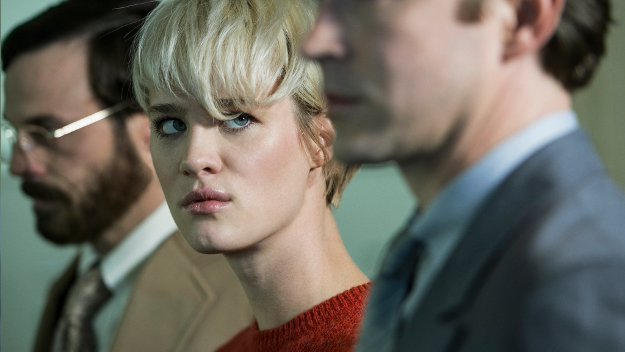
Author Bio:
Sophia Dorval is a contributing writer at Highbrow Magazine.






























































































































































































































































































































